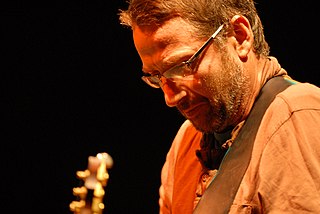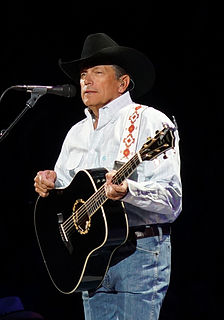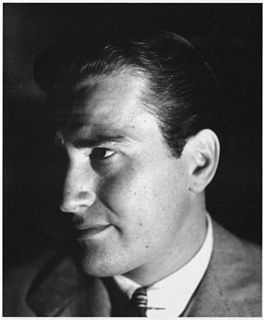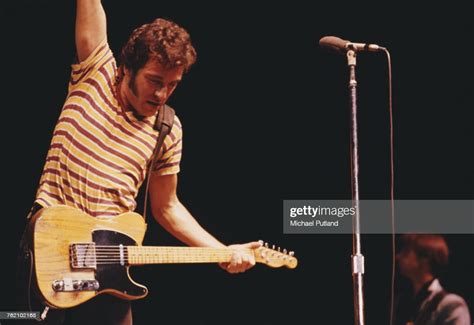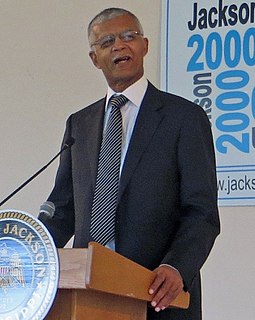A Quote by Jon Gordon
We still talk about [school band]. Almost 40 years later. It's like people are talking about, "Man we need to have a morning band reunion".
Related Quotes
Usually when I start a new project there's a fear of the unknown; maybe it's a band I've never been in the studio with before. People are so different. It's almost like you need to go through the process, discover and unlock what it is that makes that band that band. And a lot of times they don't know it.
I feel like there's not as many bands anymore. It's more like there's a front-person and a band supporting them, solo-type spirits that have a look, a vibe, a message, a voice and a style. I was talking about it with a journalist in Europe; he was like, "You're a democracy; everyone in the band does stuff." There's not a lot of bands I can think of that still have it so every member of the band has an equal say. I was like, dude, you're right. I can't really think of any right now. There might be one or two leaders in them, but there are not a lot of bands like that anymore.
When we talk about economic growth, we're not talking about bringing a bunch of companies in that can make a bunch of bucks and hope they spend 'em in our city. We're talking about creating jobs, creating new companies and then we move from there to talk about cooperatives which can become some of those jobs, some of the solidarity economy where we can begin to band together people so they'll understand that a job is not a single individual affair but a collective affair.
There is something I like about talking to journalists that really goes beyond promotion because you aren't just talking to the journalist, but you are talking through them to people who presumably are fans of the Rolling Stones. The interviews give you a chance to say a few things and maybe clear up some of the things people read about the band.

